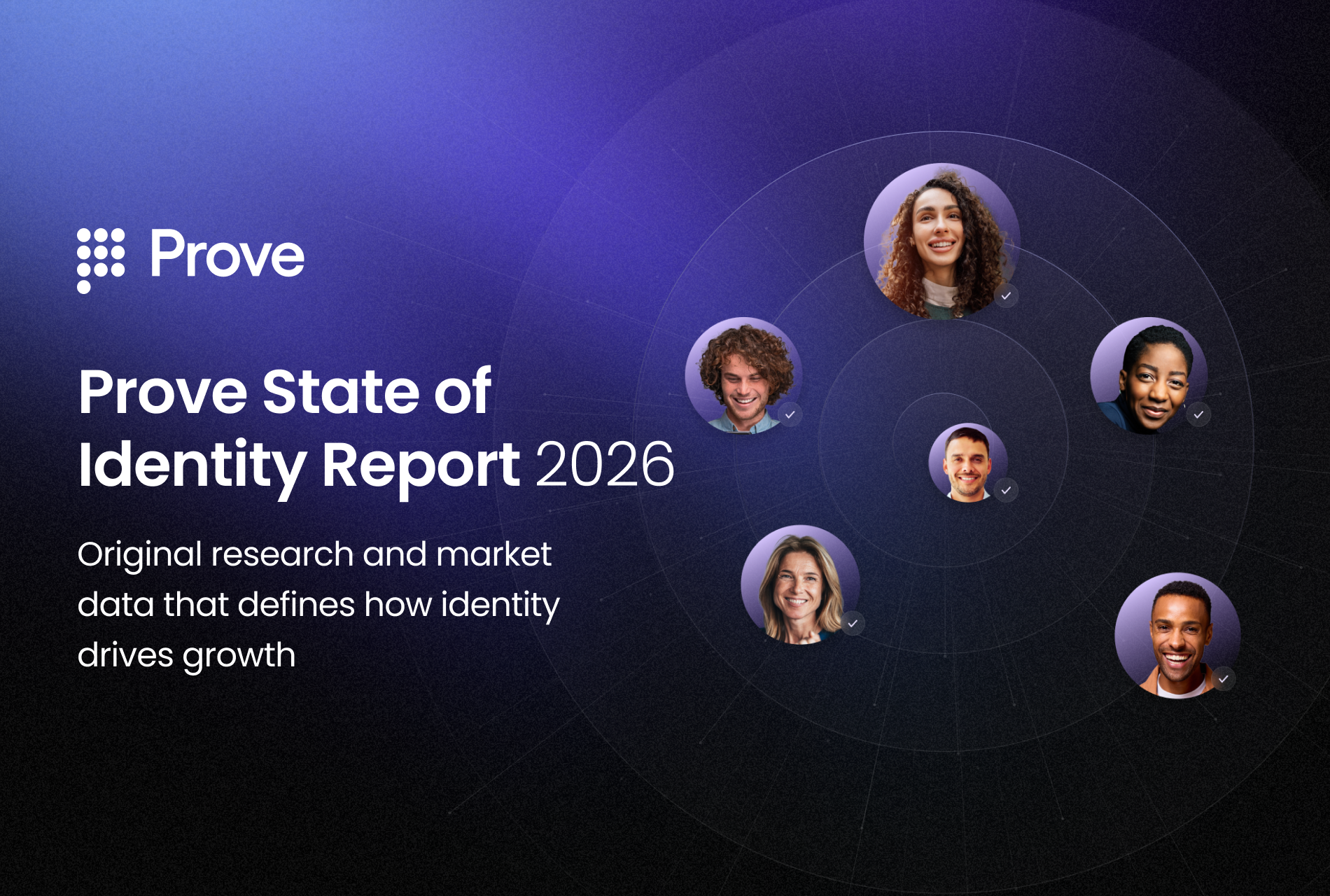How 37 Banks in 1990s became 4 Banks in 2009; Mega Consolidation in the US


These four establishments essentially monopolize the entire banking industry—the 'Big Four' is an idiomatic name for the four central banks in many countries. In Australia, they are the National Bank of Australia, the Commonwealth Bank, Westpac, Australia, and the New Zealand Banking Group. In the UK: Barclays, HSBC, Lloyds Banking Group, and the Royal Bank of Scotland Group. And in the US, the "Big Four" are CitiGroup, JPMorgan Chase, the Bank of America, and Wells Fargo.
We came across a fantastic infographic that tells us how 37 banks from the 1990s became the 'Big Four' of the US by 2009:

The mega consolidation happened for various reasons. Further, there is a need to make banking services more accessible, secure, available for the increasingly mobile consumer, to include financially backward classes, increase the speed of delivery across the channels and products, and all this at lesser costs. If the banks don't bring most of these or any of these, the power shift will happen, and it will happen for good. Disruptive solutions are marching ahead.
_
To learn about Prove’s identity solutions and how to accelerate revenue while mitigating fraud, schedule a demo today.

Keep reading
 Read the article: How Prove’s Global Fraud Policy Stops Phone-Based Fraud Others Miss
Read the article: How Prove’s Global Fraud Policy Stops Phone-Based Fraud Others MissLearn how Prove’s Global Fraud Policy (GFP) uses an adaptive, always-on engine to detect modern phone-based threats like recycled number fraud and eSIM abuse. Discover how organizations can secure account openings and recoveries without increasing user friction.
 Read the article: Prove Supports Safer Internet Day: Championing a Safer, More Trustworthy Digital World
Read the article: Prove Supports Safer Internet Day: Championing a Safer, More Trustworthy Digital WorldProve proudly supports the goals and initiatives behind Safer Internet Day, a worldwide effort that brings together individuals, organizations, educators, governments, and businesses to promote the safe and positive use of digital technology for all, especially young people and vulnerable users.
 Read the article: Prove’s State of Identity Report Highlights the New Rules of Digital Trust
Read the article: Prove’s State of Identity Report Highlights the New Rules of Digital TrustProve’s State of Identity Report explores why traditional point-in-time verification is failing and how businesses can transition to a continuous, persistent identity model to reduce fraud and improve user experience.












